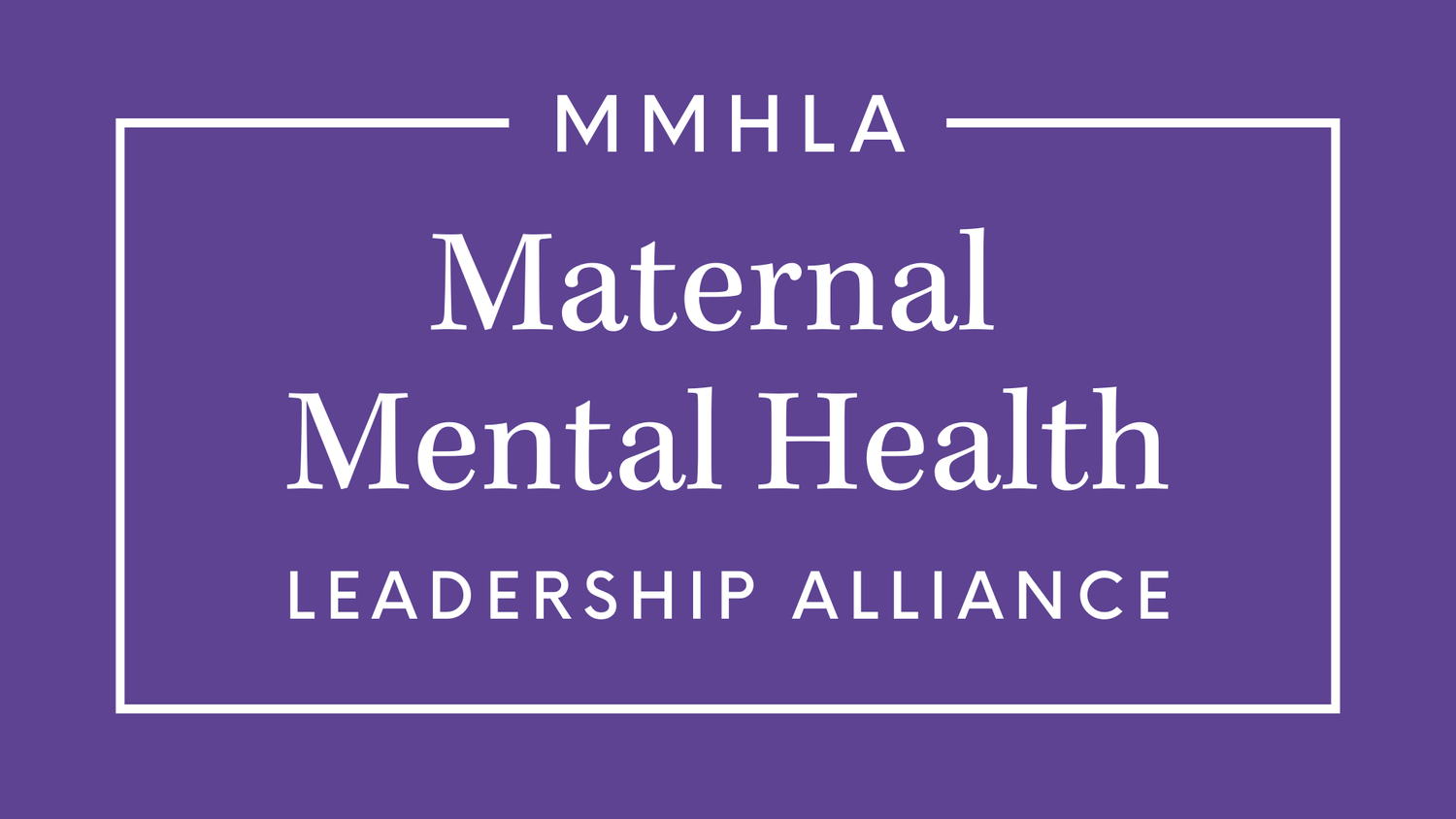Updates from the American College of Obstetricians & Gynecologists
The American College of Obstetricians & Gynecologists (ACOG) is the leading professional membership organization for obstetricians and gynecologists, with over 62,000 members from the United States, Canada, and Central and South America. ACOG members include medical students, residents, practicing and retired physicians, and health professionals in related fields.
For nearly 75 years, ACOG has strengthened members with comprehensive, expert-reviewed practice guidelines, management tools, career development resources, and lifelong learning opportunities.
ACOG provides regular updates and guidance to its members, with several recent announcements addressing issues impacting maternal mental health.
Statements
In response to news stories about the use of certain medications during pregnancy, ACOG has released the following statements:
ACOG Statement: SSRIs During Pregnancy
ACOG President Dr. Stephen J. Fleishman states that “Robust evidence has shown that SSRIs are safe in pregnancy and that most do not increase the risk of birth defects… ACOG continues to assert that all treatment options should be available for people struggling with their mental health during pregnancy.”
ACOG Statement: Acetaminophen During Pregnancy
ACOG President Dr. Stephen J. Fleishman states that “In more than two decades of research on the use of acetaminophen in pregnancy, not a single reputable study has successfully concluded that the use of acetaminophen in any trimester of pregnancy causes neurodevelopmental disorders in children.” ACOG has also published FAQs on acetaminophen.
Clinical Guidance
ACOG provides its membership a range of clinical guidance, all of which is grounded in scientific evidence and developed through a rigorous and inclusive process.
Clinical Practice Guidelines (CPGs) are ACOG’s most robust and thorough guidance. CPGs are evidence-based, recommendation-driven, patient-centered decision-making tools that guide clinicians in the best way to treat their patients. CPGs are sets of recommendations for optimizing patient care in specific situations, based on a systematic review of scientific evidence. CPGs translate research into practice advice, weighing the benefits and harms of different options, with the goal of improving consistency in care.
ACOG regularly updates CPGs, sometimes requiring 2-3 years of writing, review, and editing by multi-disciplinary teams of expert researchers and writers.
In June 2023, ACOG published two companion CPGs specifically focused on mental health conditions during the perinatal period. In October 2025, ACOG published additional guidance about the use of zuranolone, the first FDA-approved oral treatment for postpartum depression, which came to market after the June 2023 guidance was published.
Screening and Diagnosis of Mental Health Conditions During Pregnancy and Postpartum (June 2023)
This CPG reviews evidence on the current understanding of mental health conditions in pregnancy and postpartum, with a focus on mood and anxiety disorders, and outlines guidelines for screening and diagnosis that are consistent with best available scientific evidence. This CPG includes recommendations on the screening and diagnosis of perinatal mental health conditions including depression, anxiety, bipolar disorder, acute postpartum psychosis, and the symptom of suicidality.
Treatment and Management of Mental Health Conditions During Pregnancy and Postpartum (June 2023)
This CPG includes recommendations on treatment and management of perinatal mental health conditions including depression, anxiety, bipolar disorders, and acute postpartum psychosis, with a focus on psychopharmacotherapy. Recommendations are classified by strength and evidence quality. Ungraded Good Practice Points are included to provide guidance when a formal recommendation could not be made because of inadequate or nonexistent evidence.
Zuranolone and Brexanolone for the Treatment of Postpartum Depression (October 2025)
This CPG includes guidance specifically about treating depression with zuranolone during the postpartum period with clear recommendations and implementation considerations. The guidance also answers questions about clinical scenarios that may arise when considering zuranolone and includes newly available data about concentrations of zuranolone in human milk.
Perinatal Mental Health Toolkit
To assist obstetric providers in addressing maternal mental health conditions, ACOG has created a Perinatal Mental Health Toolkit to provide actionable information, algorithms, and clinical pearls to support detection, assessment, and treatment of perinatal mood and anxiety disorders.
The Toolkit includes the following:
Summary of perinatal mental health conditions.
Information about screening, including links to screening tools and educational materials for patients.
Resources for both clinicians and patients.
Guidance for implementing screening and treatment programs in practice.
Changes in Payment for Obstetric Care
Insurance payment for routine obstetric care has long been “bundled,” meaning that obstetric providers receive a single, predetermined payment for a comprehensive set of maternity services, covering routine prenatal care, labor and delivery, and postpartum recovery.
Although mental health conditions are the most common complication of pregnancy and childbirth, they are not typically included in the global obstetric billing code. Screening for mental health conditions is usually billed separately, and subsequent treatment requires additional billing. The need for separate billing and reimbursement can be a barrier for obstetric providers in addressing mental health during and following pregnancy.
ACOG has long advocated for replacing global obstetrics codes with a system that better reflects the reality of how obstetric care is provided in the United States. ACOG’s Policy Statement on Payment for Obstetricians and Gynecologists specifically highlights the need to have separate billing and payment for addressing issues related to pregnancy, including screening and addressing mental health and social determinants of health.
In September 2025, the American Medical Association (AMA) – which creates and maintains billing codes – announced that the global obstetrics codes will end effective January 1, 2027.
Look for additional guidance from the AMA, ACOG, and other professional organizations, such as the Society for Maternal Fetal Medicine, as to how this change will be implemented.
STAY IN TOUCH
